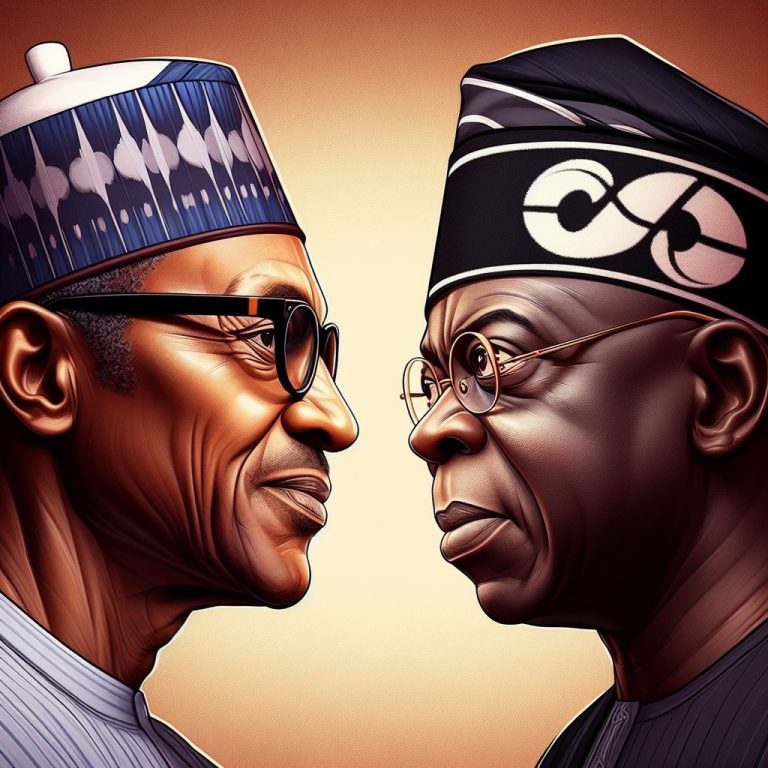During the tenure of President Muhammadu Buhari, his leadership approach was often questioned. Observers asked, “Why does the President permit politicians, Governors, and Ministers to engage in conflicts without offering any words of reconciliation? Isn’t he the supreme leader?”
In contrast, under the administration of President Bola Ahmed Tinubu, the discourse was different. Detractors queried, “Why does the President involve himself in disputes among Politicians, Governors, and their deputies? Is that his responsibility?”
Buhari’s presidency was characterized by a hands-off approach, a characteristic that was not well-received by the populace. The country desired a leader who was actively involved, someone who would keep abreast of national affairs. President Tinubu filled this role, serving as a mediator without controversy.
Tinubu’s actions were within constitutional bounds, and the resolutions achieved were beneficial for Rivers state. He assumed the role of a statesman, which was fitting. While some might argue that these are not party issues, the security of Rivers is of utmost importance to his administration. If he remained inactive and the situation deteriorated, he would be held accountable.
The President possesses the authority to declare a state of emergency and appoint an administrator for the state if the situation becomes uncontrollable. It is better to prevent than to cure, and the governor has the discretion to accept or reject the resolution. Peace should always be the primary concern.
The President has a constitutional obligation to preserve peace and mediate in community conflicts that could disrupt peace or jeopardize national security, particularly when community leaders appeal to him as the Commander-in-Chief and the Chief Security Officer. As the President of the Federal Republic of Nigeria and the Father of the nation, irrespective of party affiliation, the peace and stability of each federating unit are of equal importance to him. He employs diplomacy to bridge the divide.
I applaud President Bola Tinubu, particularly his National Security Advisor, for restoring peace to Rivers State. Mallam Ribadu has demonstrated that he is a chip off the old block. Their intervention was prompt, wise, and statesmanlike. It is now up to the key players to adhere to the resolution and thereby avert a revolution. This underscores the significance of robust, decisive leadership in maintaining national peace and stability.
President Tinubu’s leadership acumen was further proven in the resolution of the political crisis in Ondo State. The prolonged political discord between Governor Rotimi Akeredolu and his Deputy, Lucky Aiyedatiwa, had been a source of worry.
Tinubu stepped in to resolve the feud, summoning the Speaker of the state House of Assembly, Oladiji Olamide, and assembly members to a critical meeting. Following thorough discussions, a resolution was reached. The impeachment proceedings against Deputy Governor Aiyedatiwa were halted, and the status quo was preserved.
Tinubu’s decisive move included instructing the police to vacate the premises of the Ondo State House of Assembly in Akure, a significant stride towards reestablishing political stability in the state. This intervention served as a reminder of the importance of leadership, dialogue, and the readiness to compromise for the collective good.
The peaceful resolution of the political crisis in Ondo and River State is a lesson that other states and political entities needs to learn from, as Nigeria continues to navigate its complex political landscape.

